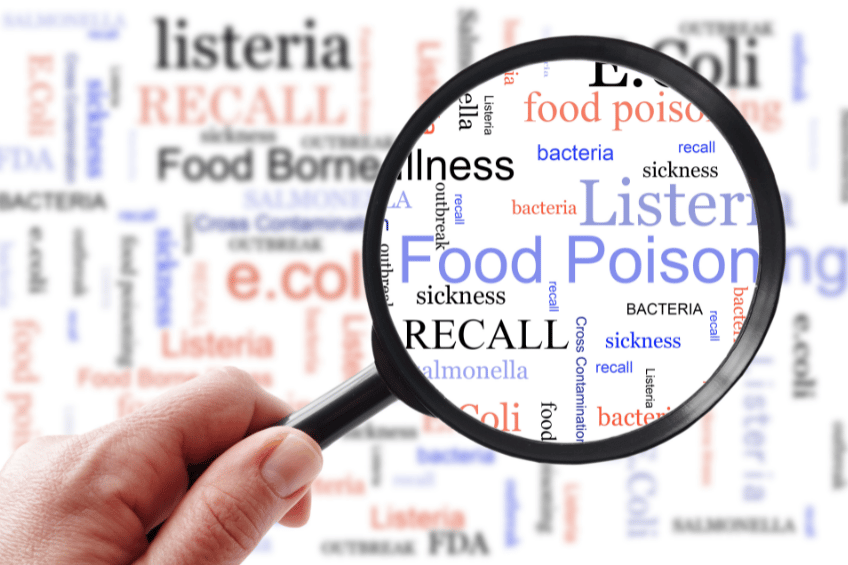Overview.
Food Poisoning: Symptoms, Causes, and Treatment (or foodborne illness) is a very common condition caused by eating contaminated food. For example, infectious organisms (virus, bacteria, parasite, fungus, etc.) or chemicals. It is rarely serious, but in some cases it may be dangerous.
So what are the signs of food poisoning? How to tell if a product is potentially risky? And what to do to ease the symptoms?
What Is Food Poisoning?
Food poisoning is mainly defined as the ingestion of food contaminated by infectious agents (bacteria, viruses, parasites), toxic substances or chemicals. It can occur in children, especially infants, during breastfeeding if the mother has ingested contaminated food. Some foods may be more likely to be contaminated:
- Raw or undercooked foods (poultry, meat and eggs);
- Raw fruit and vegetables (unwashed or washed with contaminated water);
- Unpasteurized dairy products;
- Unpasteurized apple juice or cider;
- Food left unrefrigerated for a long time;
- Untreated water;
- Any food that hasn’t been stored properly.
